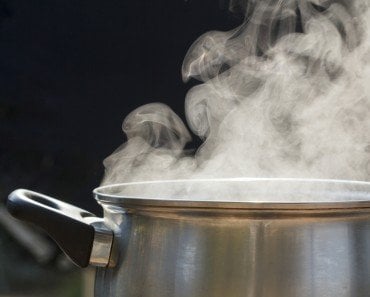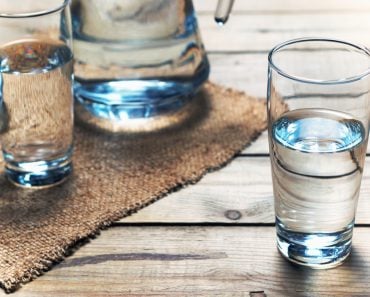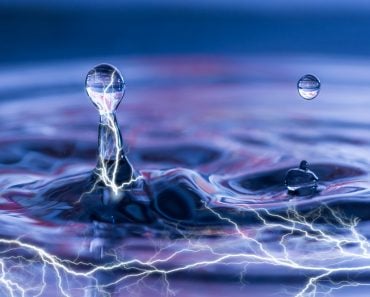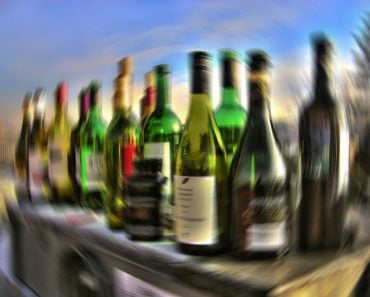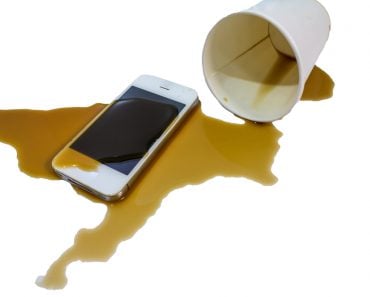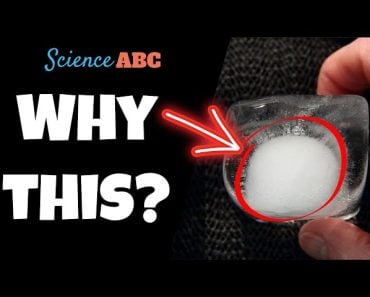The difference between distilled water and boiled water is the level of purity. Distilled water is pure water, whereas boiled water may have other minerals dissolved within it.
You have likely heard the term distilled water, probably during a chemistry class in school. I remember being taught that distilled water is the purest water available, but what’s so special about it? You can’t make distilled water without boiling it first, so how is it different from boiled water?
Before we answer that, let’s first understand what exactly distilled water is.
Recommended Video for you:
What Is Distilled Water?
Distilled water is water that has been boiled until it completely vaporizes, after which the water vapor is condensed back to liquid water. You may have seen cute and tiny tubes of distilled water sold at your local pharmacy.
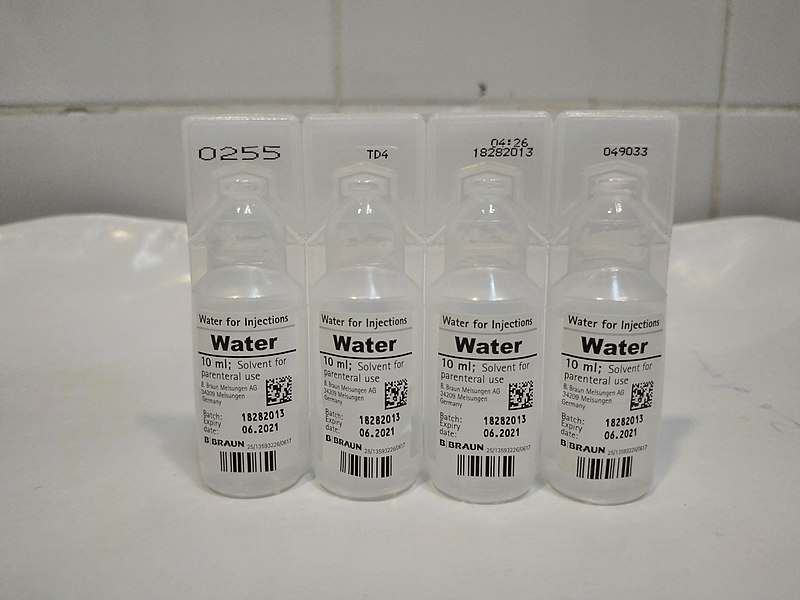
Distilled water is free from all organic and inorganic impurities and microorganisms, as they are completely removed during distillation. These impurities include trace metals like calcium, magnesium, chlorine, zinc or any organic chemical contaminants like pesticides, phenols and dirt.
Due to its purity, distilled water is used for medical and industrial processes, as well as in laboratories for dissolving chemicals. All the injections that we hate getting at the doctors are medicines that have been dissolved in distilled water.
How Is Distilled Water Made?
To make distilled water, you need distillation apparatus.
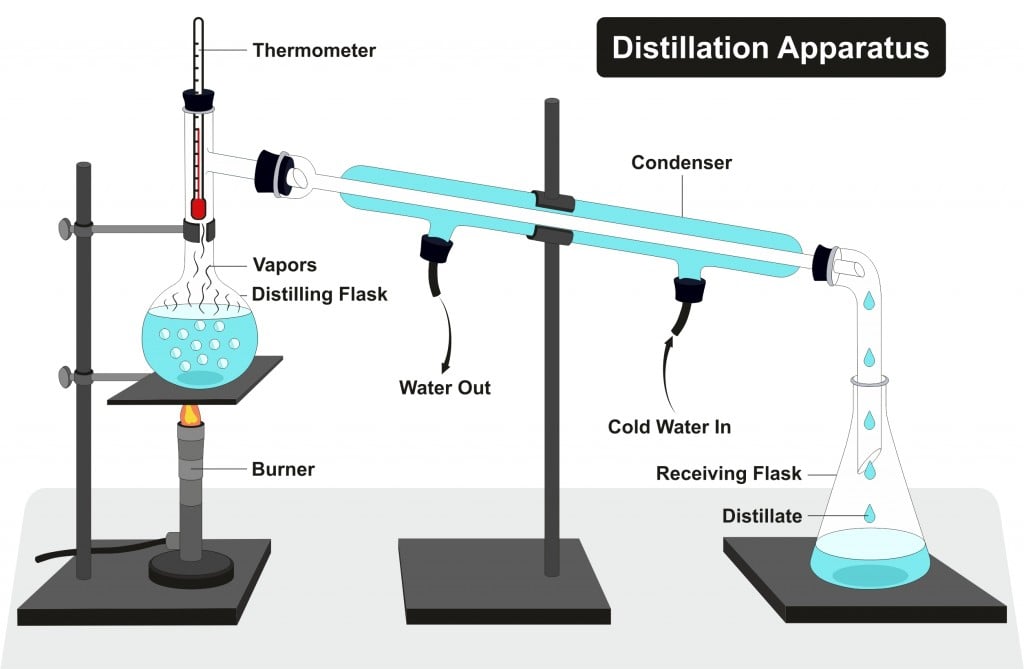
Water is boiled in a flask and the vapor that is collected is made to pass through a condenser. The condenser, as its very obvious name suggests, condenses the water vapor back to liquid water.
The condenser has two layers: an inner layer through which the water vapor travels and an outer layer through which cold water flows. The cold water keeps the walls of the inner layer of the condenser cool so the vapor condenses quickly.
This way, the vapor turns into a liquid inside the condenser and eventually drips down into another flask.
Voila, you now have distilled water!
How Is Distilled Water Different From Boiled Water?
Boiled water is basically water that has been heated at 100°C. The vapors that form aren’t collected and condensed. Nothing is done with them.
People usually boil water to kill the germs in it, but unlike distilled water, the water is not separated from any of the other trace minerals and salts. In fact, they’re just being boiled together.
Thus, the microorganisms may die, but the trace minerals and particles are still present, so the water still isn’t completely pure.
Can We Drink Distilled Water?
If you were to do a quick search on whether distilled water is safe to drink, you would find a few different answers. Some websites say it is safe, while others say it may be harmful to the body. So, which is it? Yes or no?
The correct answer is yes and no. Distilled water is safe to drink, but one drawback is that the taste will be bland, as compared to regular drinking water. That said, it can be bad for health if that’s the only water a person drinks.
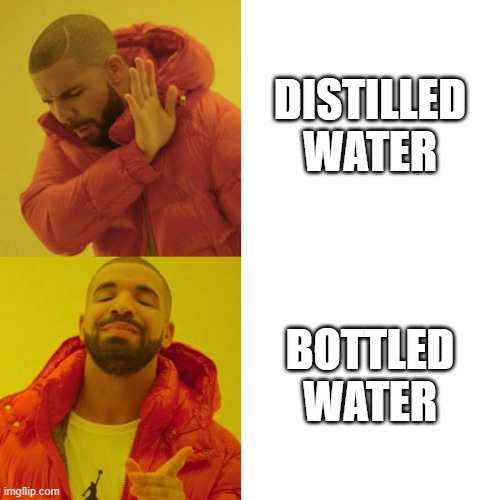
Why Drinking Only Distilled Water Is Bad For Your Health?
There are 21 minerals our body needed for good health. These minerals are needed to maintain the bone structure, electrolyte balance, oxygen-carrying capacity of our red blood cells, and hormone functions. Many of these minerals come from drinking water. Distilled water, however, lacks these minerals.
Drinking distilled water is basically drinking mineral-less water, so you lose out on a major mineral source that we often take for granted. Because of that, health issues related to mineral deficiencies may arise. These include gastric disturbances, headaches, nausea and anemia.
There is little evidence to suggest that drinking distilled water would cause minerals to leach out of the body tissues internally. In one study published in 1963, rats fed distilled water had ruptured intestinal cells which probably happened due to osmotic shock.
Osmosis is where solvent molecules pass through a semipermeable membrane from a less concentrated solution into a more concentrated one. So, in this case, distilled water rapidly gushes inside the intestinal cells, causing them to burst open and die.
However, mixed results were seen in similar studies, where there would often be no harmful side effects associated with drinking distilled water.
However, to counter this effect, if you already have a well-balanced and mineral-rich diet, drinking distilled water should be fine.
A Final Word
Distilled water is incredibly important. As a researcher, I often use it in my laboratory work to dissolve chemicals and wash my equipment. Distilled water is even used in cars, as it contains no trace metals that can cause rust to form.
The only difference between distilled water and boiled water is that distilled water is contaminant-free, but boiled water is not. Distilled water isn’t poisonous to drink, but food and water are our biggest nutrient sources, which we need to stay healthy.
If you’re curious about drinking distilled water, knock yourself out, but preferably don’t make it a regular habit.
However, if you have to choose between distilled water and dirty or contaminated water, pick distilled water any day of the week! Contaminated water may be rich in minerals, but it’s also rich in plenty of unwanted germs and poisonous contaminants that could make you sick.
References (click to expand)
- Graeve, R., & Wahl, G. H., Jr. (1964, May). Kugelrohr distillation apparatus. Journal of Chemical Education. American Chemical Society (ACS).
- Williams, A. W. (1963, March 1). Electron microscopic changes associated with water absorption in the jejunum. Gut. BMJ.
- Issues with Distilled and Reverse Osmosis Water. ionizers.org
- Verma, K. C., & Kushwaha, A. S. (2014, October). Demineralization of drinking water: Is it prudent?. Medical Journal Armed Forces India. Elsevier BV.
- Dkhar, E. N., Dkhar, P. S., & Anal, J. M. H. (2014). Trace Elements Analysis in Drinking Water of Meghalaya by Using Graphite Furnace-Atomic Absorption Spectroscopy and in relation to Environmental and Health Issues. Journal of Chemistry. Hindawi Limited.


